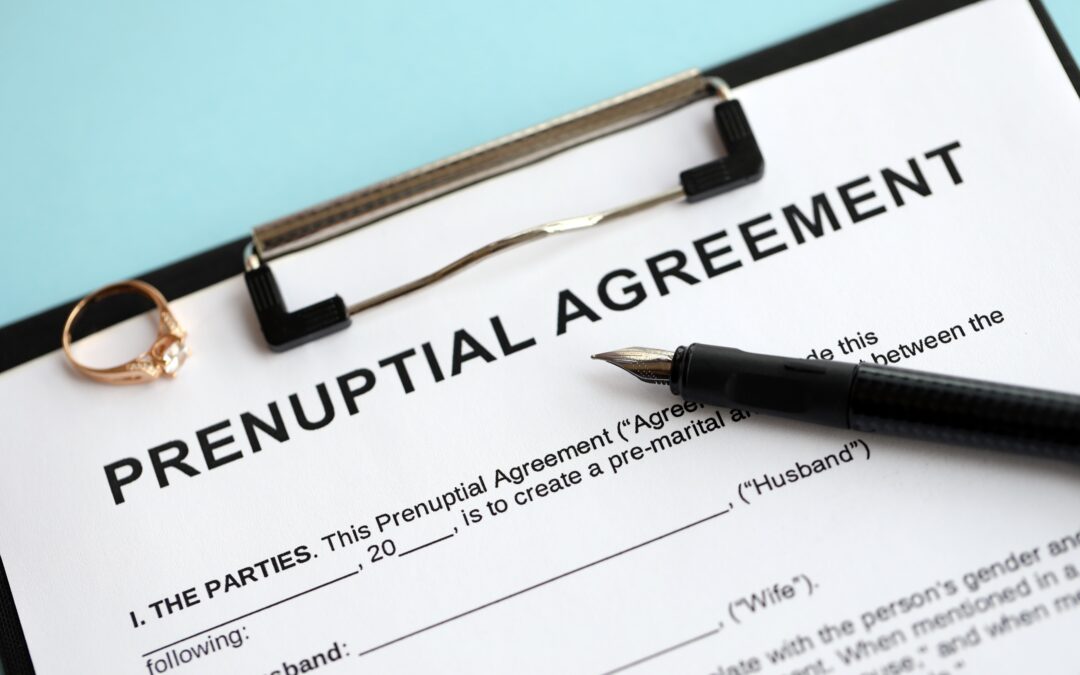It doesn’t sound romantic but marriage is a legal and economic partnership, which is why each spouse has both legal and financial responsibilities towards each other. That includes potential liability for each other’s debts under certain circumstances. If you want to know if you are responsible for your spouse’s debt in New York, you first have to answer some preliminary questions and understand the rules regarding marital debt.
Are You Liable for Your Spouse’s Debt Incurred Before Marriage?
Generally, a spouse is not liable for the other spouse’s debt if it was acquired before marriage. Therefore, a creditor cannot go after your separate assets if your spouse owes money from before you got married. However, your spouse’s share in joint assets could be at risk.
When Are You Responsible for Your Spouse’s Debt in New York?
From a divorce perspective, the rule is that if a debt was acquired in furtherance of the marriage or to benefit the marriage, both spouses are liable for paying it regardless of whose name the debt is in. For example, you would be responsible for your spouse’s debt related to buying a marital home, food, clothing, family car, childcare, etc. However, debt incurred to buy something that only benefited and was used exclusively by your spouse is not your responsibility. This might apply where your spouse bought jewelry or a very expensive car solely for his or her own use.
Importantly, it doesn’t matter whose name the debt is in. Therefore, even if your spouse bought something with his or her own credit card, you would be liable for paying the bill if the expense was in furtherance of the marriage. Again, this is because marriage is an economic partnership that both parties contribute to whether through wages or other efforts that benefit the family.
How New York Divorce Courts Handle Marital Debt
Marital debt is paid out of marital assets. If there aren’t enough assets to pay all debts, the court will allocate the debt between the parties in a way that allows both of them to be independent. Essentially, this means that a lesser-earning spouse will be allocated a lower amount to avoid impoverishing them.
How Can You Avoid Money Problems in Marriage?
Finances are a common cause of marital problems. It is important to be honest and open with each other about your respective income, assets and debts as well as your financial expectations in marriage. You should discuss issues like how finances will be handled during your marriage so one of you doesn’t run up debts that the other one doesn’t know about because that ultimately affects your marriage even if you wouldn’t be liable for that debt in a court of law.
If you are considering divorce or a prenuptial or postnuptial agreement, contact us to discuss your rights and obligations and the best way to address your situation.

